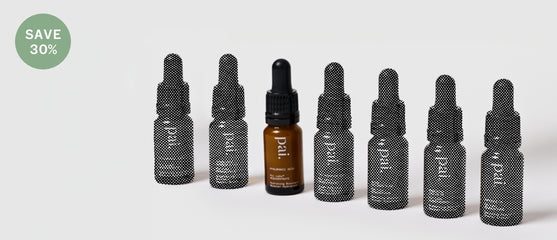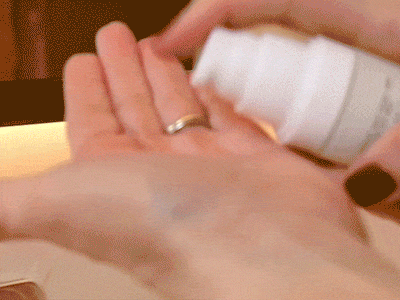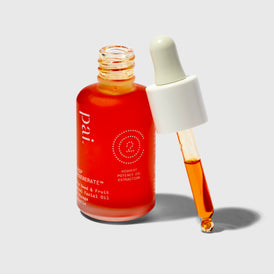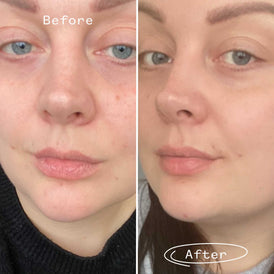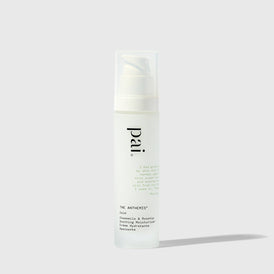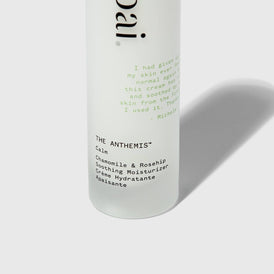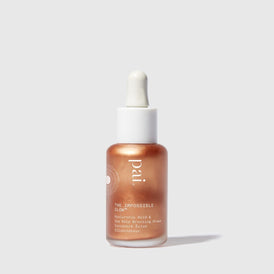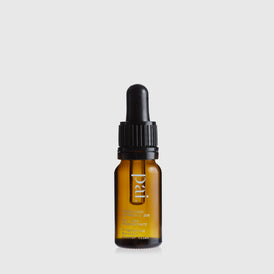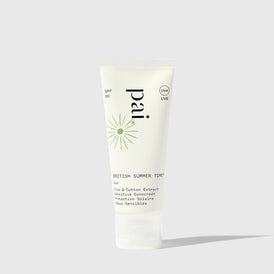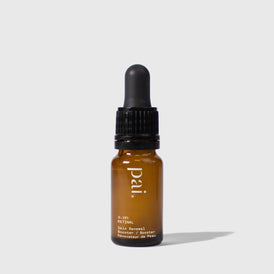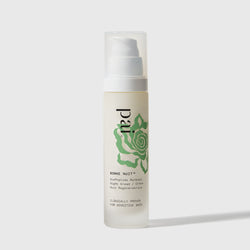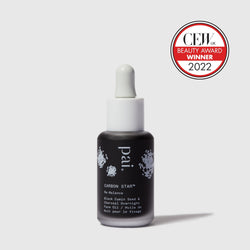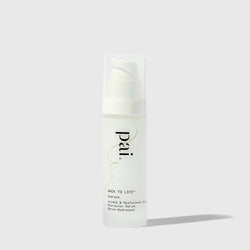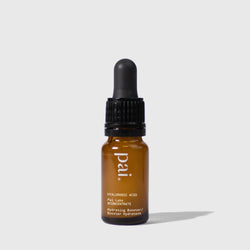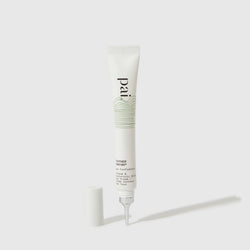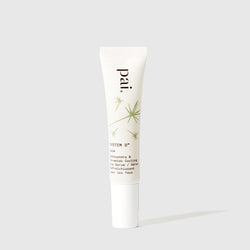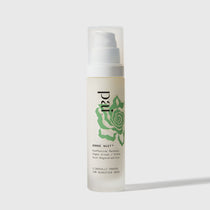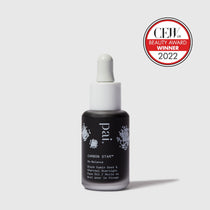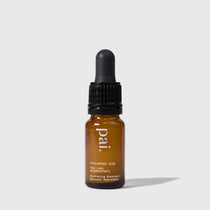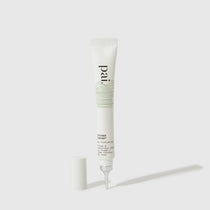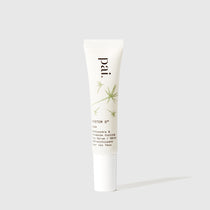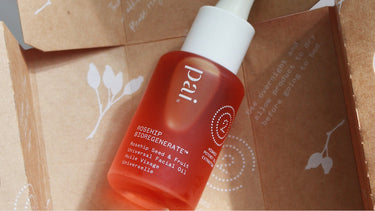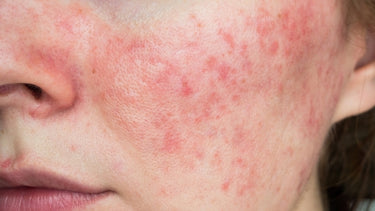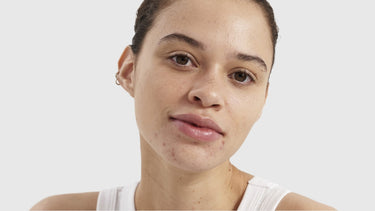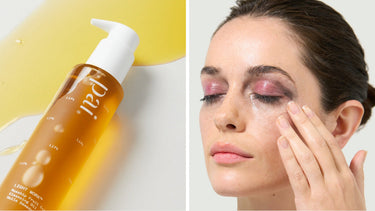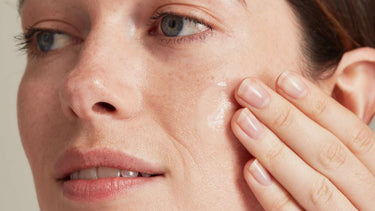Sleep hygiene, sleep trackers, sleep soundtracks. It’s safe to say we’re all pretty obsessed with sleep. We know it’s important for feeling good – sleep is essential for keeping our bodies in balance and maintaining energy levels. Anyone with jet lag, a baby or insomnia will tell you that.
Without sleep, our stress hormone (cortisol) levels rocket and our biological processes slow down, causing us to feel sluggish and bloated. What you might not know is that sleep is particularly important for skin health, too. And there’s a reason why once upon a time, someone somewhere coined the phrase ‘beauty sleep’.
So how can a lack of sleep affect your skin – and what are the skin benefits of a good night’s kip? Get comfy, we’re going in for a deep dive.
What happens to your skin while you sleep?
The short version: A lot. But you’re here for the long version. The rate at which our skin cells repair and regenerate almost doubles at night, meaning that as we sleep our cells are primed to rebuild, repair and heal themselves.
Just as your eight hours’ (here’s hoping) let you recharge mentally and physically, they also give your skin the time and energy needed to keep itself in tip-top condition. So really, all sleep is beauty sleep.

How does that benefit the skin?
All that nighttime work helps ensure your skin looks its best – with results you will easily be able to spot.
Hope Bastine, a psychologist specialising in sleep, explains the many skin benefits of sleep best: “Good quality sleep keeps your hormonal system in balance, which will stave off skin health issues. It also maintains collagen and hyaluronic acid production, helping to make your skin look youthful, translucent and glowing.
“Your hydration and circulation system is also maintained during sleep, so that will banish dark circles and puffy skin. Prioritise enough – and good quality – sleep, and it’ll give your skin the best possible chance at looking youthful and healthy for longer.”
And when you don’t sleep properly?
Ever woken up after a terrible night’s sleep and seen a tired, hollow-looking face staring back at you in the mirror? Us too. The lack of sleep and high cortisol levels we mentioned earlier really take their toll on the body, and prevent it from performing its essential functions.
When the skin’s ability to repair and regenerate cells is impaired, the immediate results are dull, dehydrated and generally stressed skin. The increased levels of the stress hormone, cortisol, leads to a decrease in collagen production – vital for plump, vibrant skin – and so skin appears lacklustre and deflated.
By suppressing the immune system, this also has a major effect on the skin and can cause inflammatory skin conditions like eczema, acne and psoriasis to flare up.
Is it worse for sensitive skin?
Unsurprisingly, yes. Many of us that experience acne, eczema, psoriasis, dryness and so on will already have a compromised protective barrier. A sleep deficit can be most detrimental to those with sensitive and easily irritated skin, because it further reduces the body’s ability to resist irritants and fight infection. Leaving the skin even more vulnerable to sensitivity – ouch.
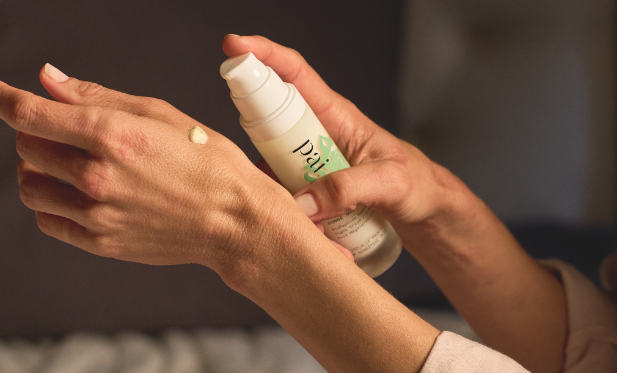
Can poor sleep lead to premature ageing?
Oh yes. All that good stuff that your skin is supposed to do while you dream keeps the signs of premature ageing – like fine lines, dullness and loss of volume – at bay. Without it, you’ll soon see a difference.
“Sleep deprivation impacts collagen production. Collagen makes the skin nice and elastic,” Hope explains. “Most of it is produced during sleep, so when you are getting less sleep than your body needs, your face will appear sagging and less plump.
“You will also probably notice dark puffy circles around the eyes – this is caused by poor circulation and hydration levels as your body goes into survival mode, and your evolutionary brain prioritises breathing over beauty.”
It’s not all bad news though. This is where your skincare can pick up the slack. Try our System D eye serum to soothe puffy eyes, or Feather Canyon eye cream to nourish and smooth fine lines. And for hydration, you can’t beat Hyaluronic Acid – find it in our Hydrating Booster or our Back To Life serum for a surge of moisture.
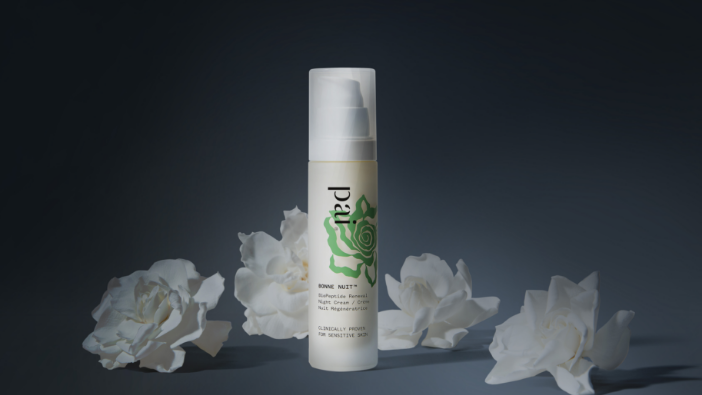
Is that the same as inflammageing?
We mentioned already how lack of sleep can cause inflammatory skin conditions to flare up. But it has another, more long-lasting effect too; something our Founder Sarah likes to call inflammageing.
“Inflammation, stress and poor sleep are the biggest culprits of premature ageing – or ‘inflammageing’– as they break down collagen and elastin and weaken our skin’s barrier.” she says.
In fact, it was one of the biggest drivers behind one of our biggest launches to date. “Our first ever night cream – Bonne Nuit – is your defence, giving both you and your skin a chance to fully rest and rejuvenate. A good night in every way.”

Meanwhile if you have oily, blemish-prone skin, our inky black Carbon Star face oil is designed to work overnight so you can wake up to clearer, happier skin.
Shop our new Bonne Nuit BioPeptide Renewal Night Cream here
